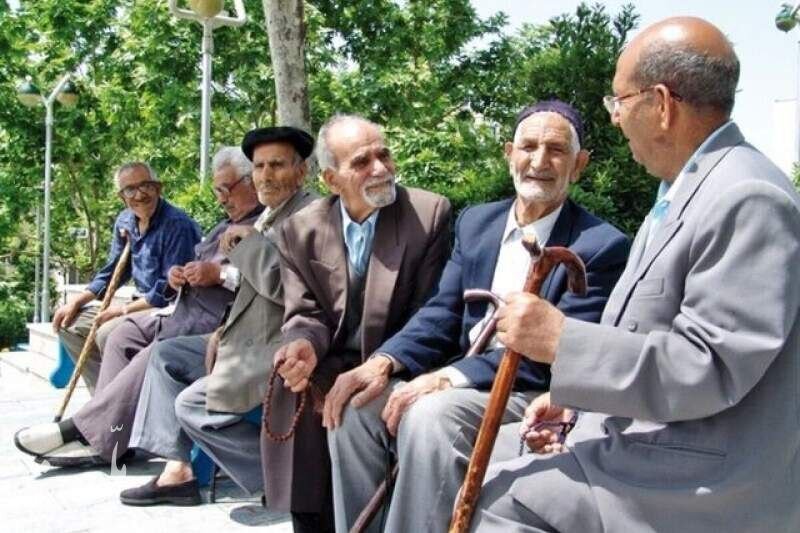
Similar Posts
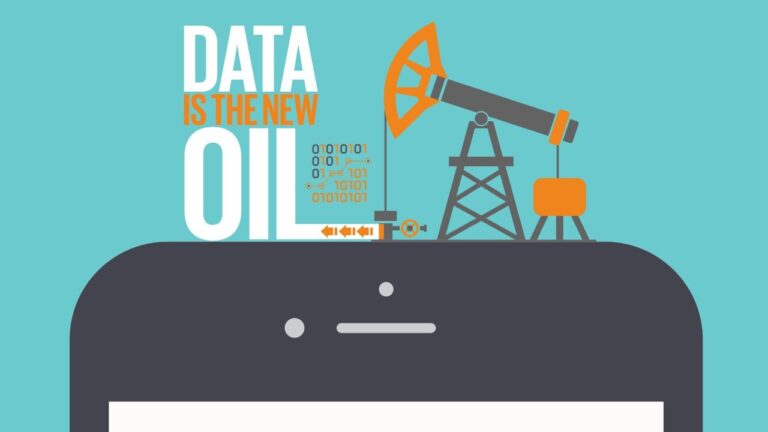
Unlocking the Power of Data: Why It’s the New Oil of the Digital Age
Data is often compared to oil, highlighting its significant value and influence in modern society. Like crude oil, which requires refinement to become useful, raw data holds little value until organized and analyzed. This processed data drives innovation across various sectors, including healthcare, finance, education, entertainment, and urban planning, by enhancing decision-making and personalizing experiences. However, the increasing reliance on data raises concerns about privacy, ownership, and access disparities. Despite these challenges, data’s renewable nature offers transformative potential, emphasizing the need for responsible usage that balances innovation with ethical considerations to benefit society as a whole.
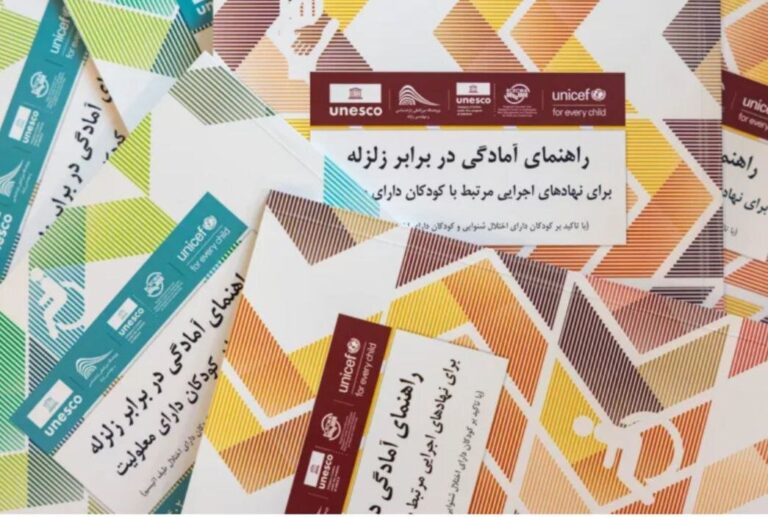
UNICEF Boosts Emergency Readiness for Children with Disabilities: A Lifeline in Crisis
UNICEF has launched the ‘Earthquake Preparedness Education for Children with Disabilities’ initiative in Iran, creating specialized resources for parents, teachers, and policymakers to help children with disabilities prepare for earthquakes. On January 19, three books focusing on disaster management were released, addressing the needs of children with hearing impairments, mobility impairments, and autism. Stakeholder consultations helped refine these materials, which will be integrated into annual safety drills in schools. Additionally, a recent workshop by the Iranian Red Crescent Society trained professionals on disability inclusion, aiming to enhance services for individuals with disabilities and promote their participation in society.
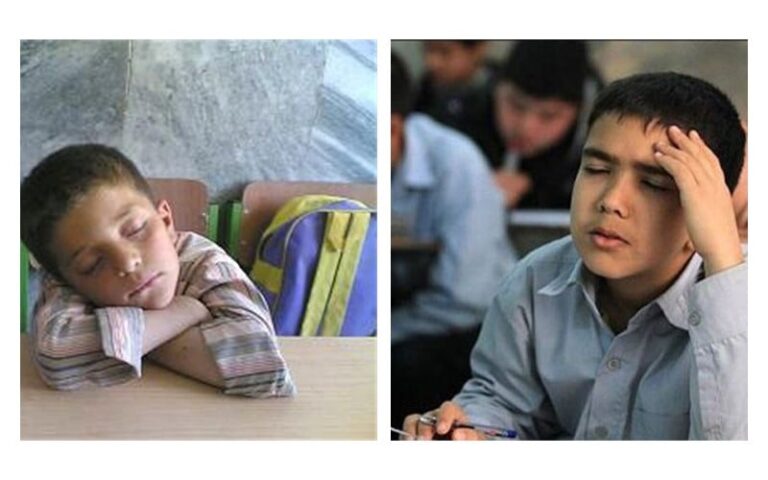
Iran’s Early School Start at 6 A.M. Triggers Public Outcry and Health Warnings
The Iranian regime has controversially mandated a 6 a.m. start time for public offices and schools, citing energy savings amid ongoing power shortages. Critics, including families, educators, and health experts, have condemned the decision for lacking public consultation and its potential negative impacts on children’s health and well-being. The new school hours, effective from May 13, require students to wake as early as 4:30 a.m., disrupting sleep cycles and potentially leading to chronic fatigue and impaired concentration. While the government claims this policy is temporary, concerns remain about its long-term effects on students and families.
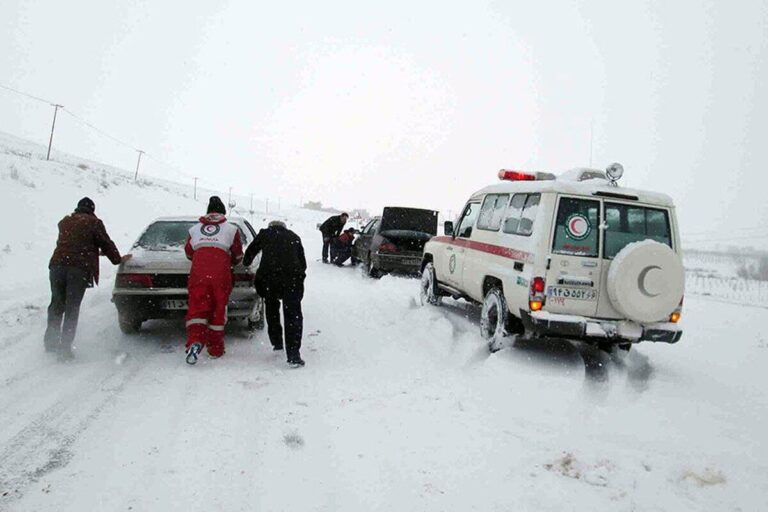
IRCS Impact: Over 485 Lives Transformed in Just Three Days!
The Iranian Red Crescent Society (IRCS) has been actively providing rescue services, assisting 486 individuals from January 22 to 24 through 284 operations, including 136 medical transfers. Their ongoing winter relief program, launched on December 6, 2024, involves 4,500 relief teams delivering life-saving aid and promoting road safety until March 10. Recognized as a leading humanitarian organization, the IRCS received praise from Faisal Mahboob of the International Federation of Red Cross and Red Crescent Societies for its exceptional performance. Future collaborations are planned to enhance IRCS capabilities and expand its humanitarian impact.

Unlocking Environmental Solutions: The Power of Regional Co-ops, Says Official
During discussions on environmental challenges, Sediqeh Torabi from Iran’s Department of Environment highlighted the need for environmental diplomacy among regional nations to address pressing issues like transboundary environmental concerns, particularly sand and dust storms (SDS) and wetland restoration. In a recent visit to Afghanistan, Torabi proposed collaborative efforts beyond Hirmand water negotiations, emphasizing the significance of regional workshops for sharing strategies. The recent Doha meeting brought together countries like Iran, Saudi Arabia, and Turkey to discuss SDS impacts on health, agriculture, and transportation. Strengthening environmental policies is crucial for sustainable development and resource optimization in the region.

Empowering Public Employees: DOE Launches Essential Environmental Protection Courses
The Department of Environment (DOE) is launching mandatory training courses for government officials to enhance skills in addressing critical environmental issues like energy resource imbalance, water scarcity, and biological pollution. Mohammad Medadi from the DOE emphasized that these courses are vital for all government personnel. The initiative, supported by DOE head Shina Ansari, promotes collaborative efforts in environmental conservation, acknowledging that no single organization can tackle these challenges alone. President Masoud Pezeshkian’s proposed environmental preservation program focuses on transitioning to a green economy and enhancing governance. The DOE’s commitment reflects the urgent need for informed, proactive environmental stewardship for sustainable governance and resource protection.